Introduction | Task | Process | Resources | Evaluation |
Conclusion | Reflection | Extension | Notes | Top

Arizona's Ancient Native Cultures?
by
Tammy ShafferIntroduction | Task | Process | Resources | Evaluation |
Conclusion | Reflection | Extension | Notes | Top

Arizona's Ancient Native Cultures?
by
Tammy Shaffer

Three major Southwest civilizations lived, worked and traded for nearly 10,000 years. The Anasazi, Hohokam, and the Mogollon peoples lived primarily in what is now Arizona, New Mexico--especially the area around the Four Corners. These cultures were basically the dominant and most advanced cultures, of their time.
Unfortunately, these cultures "disappeared". Where did the Hohokam go? Were the Anasazi destroyed by war, or died of famine? Did the Mogollon get absorbed into other native cultures. Believe it, or not, anthropologists today are still not sure about the outcome.
Do you think that you have the "right stuff" to discover some answers that have not been found? The journey begins here. We have gathered some resources for you, but you must dig for the clues.
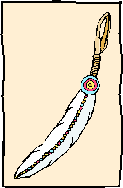
We all have the opportunity to look at the evidence and draw our own conclusions. We may find something that everyone else has missed. You could be the one student who makes history, and unlocks the mysteries surrounding these cultures. Within this WebQuest is several links to ancient Native American cultures, and links to many Southwest sites.
You are the detective. Find out what happened to these cultures. Keep a journal in your investigation log. You may have to look at the desert environment. You might be asked to investigate native animals and plants. Keep digging and write down all the key clues.
This WebQuest asks that you:
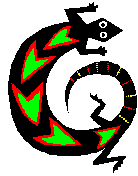
2. You will create a poster using original drawings and graphics created by you, and graphics from other sources. Included on the poster will be articles from electronic journals, pictures and graphics from the Internet, or other sources, and information relevant to the topic. Sources must be sighted on posters and students must have at least 7 accurate facts displayed on the poster.
3. You will also keep a "notebook" paper journal and make reflections about your investigation. You will make daily reflections of at least one half page. These reflections should be an open dialogue about what you have done, and how you feel the process is going. Questions you might consider when responding in your journal include: How is the investigation going? Are there any problems with surfing or following instructions in the WebQuest? How am I enjoying the
investigation? What would I have done differently if I started over?4. Your main resource site is Ancient Southwest Natives
This WebQuest asks that you:
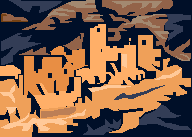
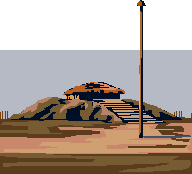
![]()
Your evidence and conclusions from your investigation within your Word document will count for 50% of your grade. The following rubric will be used in evaluating your WebQuest. Rubric
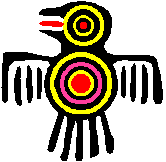
In your investigative WebQuest of Ancient Desert Peoples of the Southwest, you will develop skills in these areas: working cooperatively, researching on the Internet, collecting and recording information, comparing and contrasting cultures, report writing skills, and discover how these cultures may or may not have disappeared. By completing your investigation, you will add to the continuing body of information that asks the question: Where in the world are the Ancient Arizona Native cultures--the Anasazi, Hohokam, and Mogollon peoples?
Your final reflection in the investigative document and the notebook journal will include, at least a one page reflection on the following thoughts.
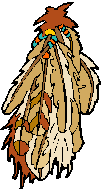
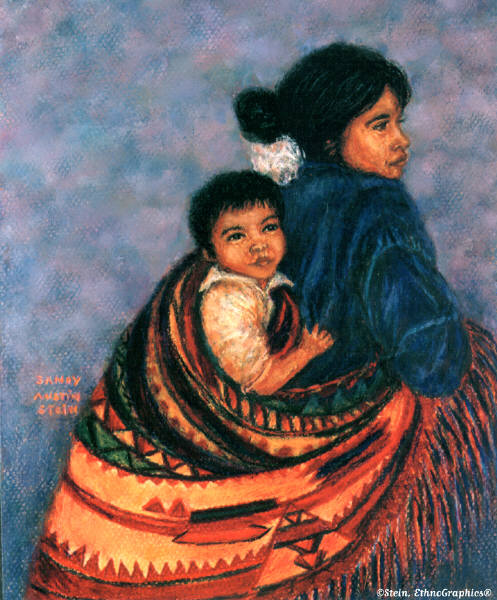
A trip to visit the history museum would be spectacular. Even a trip to Mesa Verde over a vacation period would show the student real live structures built by the original people. Maybe getting a video if possible from Nova PBS if one exists on this culture. Maybe have a real live person come into the classroom to do a presentation on these people. (Historians) Maybe the next assignments could be on the next cultures that existed, on up to the present day cultures.
Notes to the Teacher
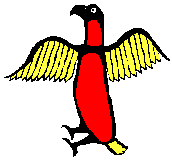
Allow at least one full month to work on this assignment. Be patient, because a lot of children will have a lot of questions on how to do this assignment. It would help to have other helpers in the classroom so as not to spread yourself too thin. Schedule enough time in the computer lab. A full hour at least to get them into the assignment, without other class interruptions.